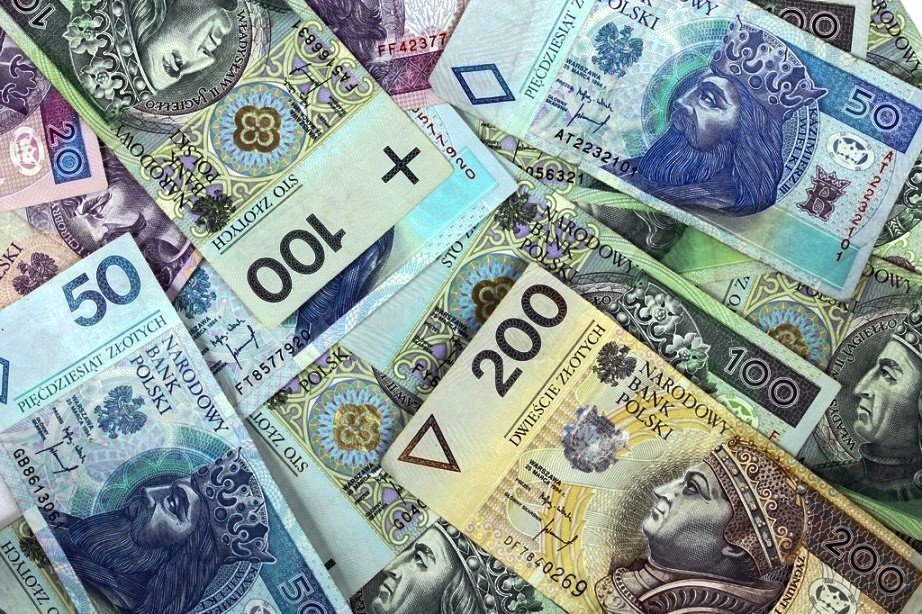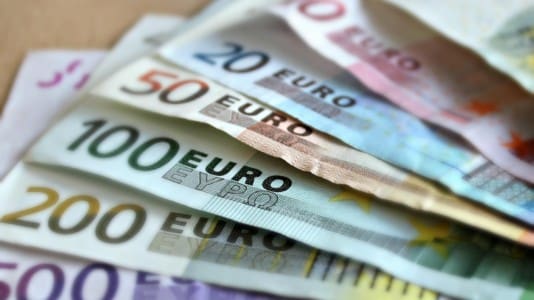Prices of consumer goods and services increased by 16.1 percent on a year-over-year basis, according to a report by Statistics Poland (GUS) for August 2022. Analysts were expecting a reading of 15.4 percent, which would be lower than in the previous month. Instead, inflation hit yet another record high.
According to GUS, prices of consumer goods and services increased by 0.8 percent in August, compared to July this year. In August, food and non-alcoholic beverages were 17.4 percent more expensive compared to August last year. Prices of energy carriers increased by 40.3 percent, and fuel prices increased by 23.3 percent.
Meanwhile, compared to July this year, food and non-alcoholic beverages were 1.6 percent more expensive while fuels got cheaper by 8.3 percent.
According to the Polish Economic Institute (PIE), the fourth quarter will bring “a slight decrease in inflation.” Overall, we should see a 14.5 percent increase in December due to cheaper fuels, but business owners will continue to increase their prices due to rising electricity costs. A substantial increase in heating bills is also expected.
PIE also expects a reading of 15.5 percent to 16 percent for inflation in the first quarter of 2023, as an effect of gas and electrical energy price increases.
“The base inflation will remain high due to rising prices for companies. Inflation will not decrease below 10 percent until June and will be at 9.5 percent throughout 2023,” analysts from PIE forecasted.
“Last time inflation was at such a high level was in the 90s. This result is not a surprise but rather a sad reality, and the records are still ahead of us,” said Mariusz Zielonka, an economics expert from Confederation Leviathan, a non-governmental organization of employers in Poland.
Kamil Sobolewski, the main economist at Employers of Poland, said that decreased fuel prices were not enough against base pressure and the rapid rise in food and heating fuel prices According to him, even if this level may not increase significantly, it will not drop any time soon.
He calculated the “postponed inflation due to government decisions,” which amounts to 12 percentage points consisting of 4 points coming from government spending, 7 points from tariffs, and 1 point from the increased excise duty for fuels and tobacco.






